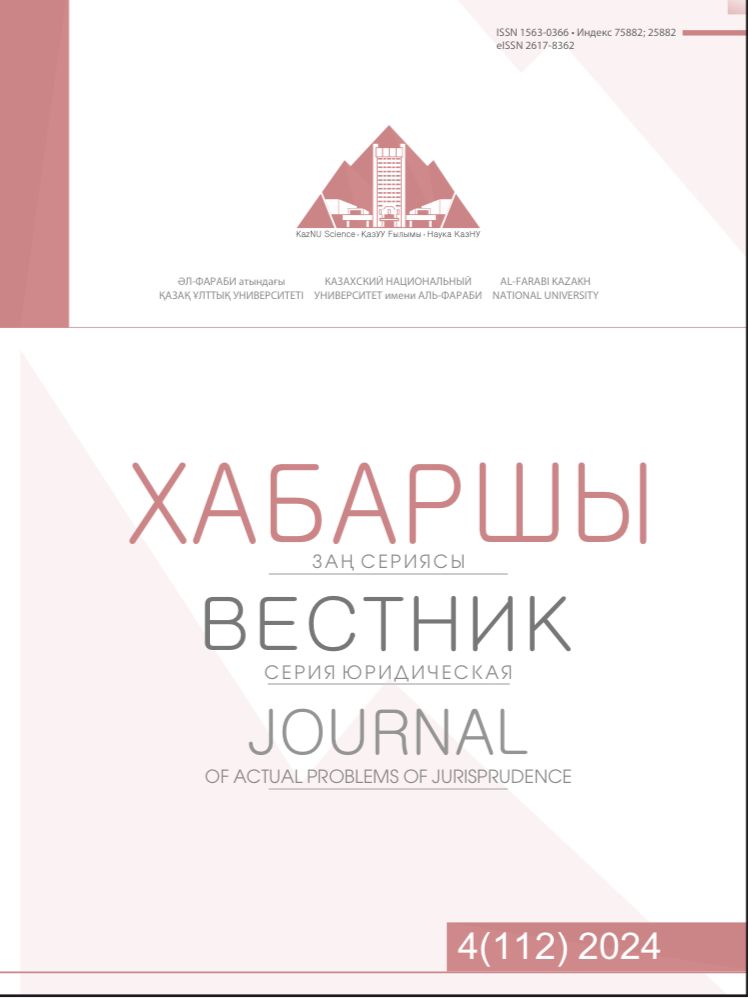SOME ISSUES OF COUNTERING THE LEGALIZATION (LAUNDERING) OF CRIMINAL INCOME, WITH SHADOW GENOMIC LABORATORIES SECTOR REVIEW
DOI:
https://doi.org/10.26577/JAPJ2024.112.i4.a13Abstract
In the article the authors consider the issues of severity of tracing of cash transactions, including the use of illegal financial systems Havala activity in the Republic of Kazakhstan. It is concluded that non-cash payments are beneficial for law-abiding citizens, and the use of cash for criminal elements, since the transfer of money from one hand to another is virtually impossible to trace, which favorably affects the development of "shadow economy". These elements of the shadow economy also include black markets, offshore zones, reverse mines, binary assets, as well as shadow biological, environmental and genomic laboratories, which are a generator of recharge and a catalyst for the turnover of shadow assets. Based on the general basis of these elements of the shadow economy, it is worth paying attention to the authors’ proposals. The authors propose to expand the scope of non-cash payments at the legislative level by providing various benefits for financial structures and their clients, as well as the need to legalize Havala. According to the authors, the punishment for legalization (laundering) of proceeds of crime is not commensurate with the act, in this regard, it is proposed to increase the sanction of the size of penalties in the Criminal Code of the Republic of Kazakhstan.
Keywords: Havala, underground economy, cashless settlements; criminal elements; planning system; money laundering; punishment; taxation.













